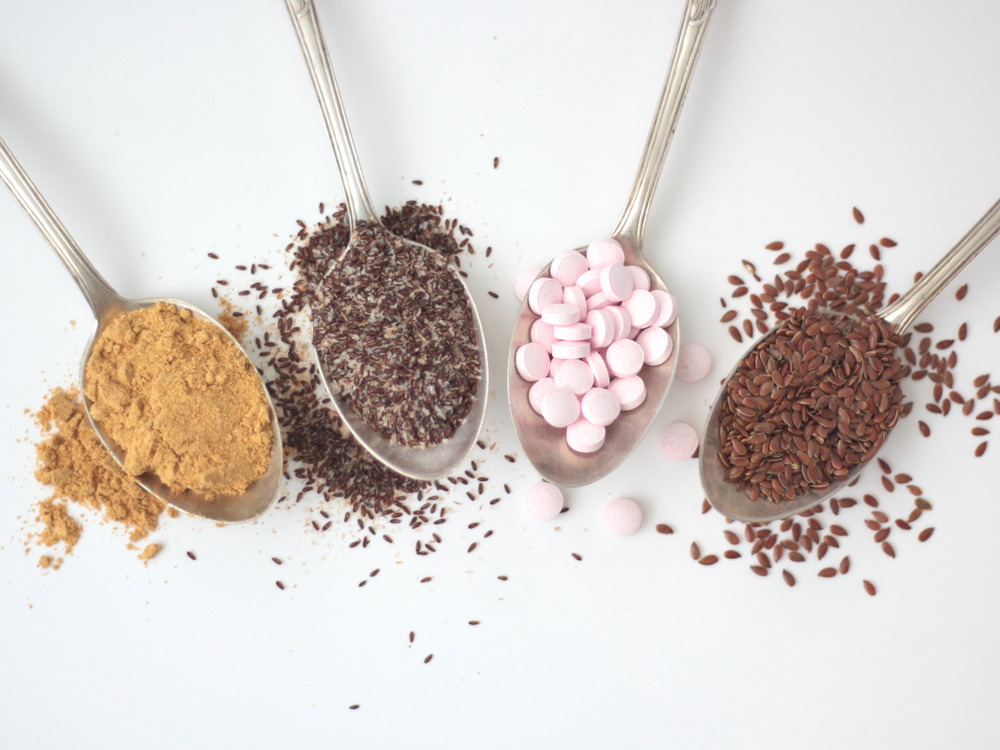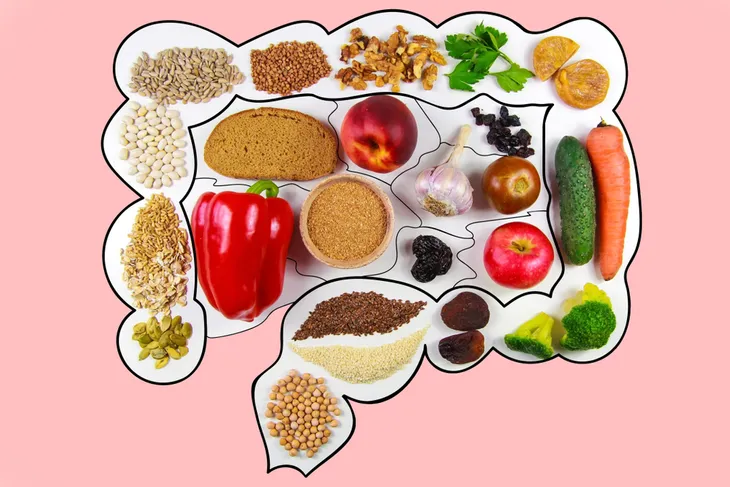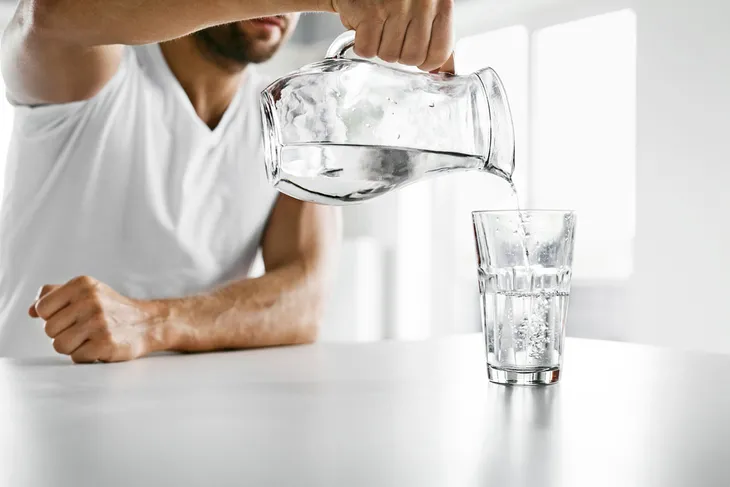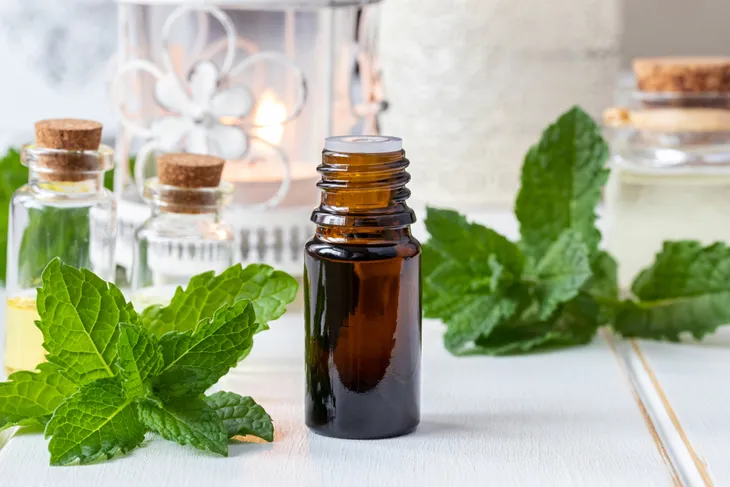Irritable bowel syndrome (IBS) is a tough condition to stomach. It affects up to 45 million people in the U.S., and has a range of symptoms from altered bowel movement routines to abdominal pain. Luckily, for those with IBS, there is a wide range of remedies as well as some medical-grade solutions that can help provide some relief.
From increasing fiber intake to cutting some “problem” foods from your diet, you may improve your quality of life day-to-day.
Probiotics Can Be a Pro
The health of the gut relies on a healthy balance of good bacteria, and probiotics – which are actually live bacteria – can help deliver. Health.com explains that a review found that consuming probiotics could lessen pain and other symptoms more effectively than a placebo.
There are several sources of probiotics, including yogurt and fermented foods such as kefir and sauerkraut. However, the source warns that you should talk to your doctor about the benefits before diving into a probiotic-rich diet, as it could throw the gut balance off in a way that’s not helpful.
Fill Up On Fiber
Getting more dietary fiber is never a bad idea. It can help add volume to stool to avoid constipation, and it can also regulate the absorption of glucose into your bloodstream during digestion, which can be especially helpful for diabetics.
Health.com cites a doctor who says she has witnessed some IBS patients benefiting from more fiber, especially when constipation is one of the symptoms. However, the doctor also notes it may not be so helpful when there’s bloating or diarrhea.
Work It Out
It might not be the first instinct for those who suffer from IBS, get getting moving can actually help relieve some of the symptoms of stress. And according to Healthline, a reduction in stress can help with discomfort in the bowel by “stimulating regular intestinal contractions.”
However, the source warns of jumping straight into an exercise regime. It suggests starting slow and slowly building momentum, noting that guidelines dictate all adults should get at least 30-minutes a day of exercise (for a total of 150-minutes per week).
Make a Point of Acupuncture
EveryDay Health says that acupuncture might be a way to help manage your IBS, especially if your main symptom is constipation. The source cites an expert that says that administering acupuncture needles in the right places can help calm down the nervous system, which helps to balance the gastrointestinal tract.
While it’s good for constipation, it may also be helpful for those with IBS-D (which is the version that comes with diarrhea). The source cites a study that says electroacupuncture (which involves mild current through the needles) was helpful in reducing stool frequency.
Edit Your Diet
The Mayo Clinic explains that some foods may trigger the worst symptoms of IBS. Among them are alcoholic and caffeinated beverages, which stimulate your intestines, it explains. In fact, other products that contain caffeine, as well as sugar-free sweeteners can be a problem, it adds.
If your IBS involves bloating and gas, then there are some vegetables you should avoid. More specifically, try to stay away from beans, cabbage, broccoli and cauliflower, notes the source. Foods with a high fat content can also be a problem for people dealing with the condition, it adds.
Just Add Water
The Mayo Clinic also explains that while avoiding alcohol and caffeine is ideal, simply drinking more water throughout the day could be a benefit to those with IBS. But how much more? That depends.
The unofficial word is that adults should drink about 8-glasses of water a day, which amounts to about half a gallon. But Healthline notes the right amount of water for each person may vary – and you may need to adjust depending on your needs. Drinking more water than usual can also lead to more trips to the bathroom, it adds.
Visualize Relief
Relaxation techniques can be a great way to reduce symptoms of IBS, according to Healthline. One of those techniques is visualization and positive imagery, which helps people picture something in their mind that’s relaxing to help ease stress.
This is sometimes paired with other relaxation approaches including progressive muscle relaxation, which involves progressively tensing and relaxing muscle groups to enhance muscle relaxation. Yoga can also be a benefit for those who suffer from IBS, as well as deep breathing.
Try The Herbal Approach
VeryWell Health touts some herbs specifically for those who are struggling with bowel issues. Some of these herbal supplements include peppermint oil to reduce abdominal pain, as well as aloe vera juice that may assist with constipation. Meanwhile, chamomile might be a good option for those with diarrhea, as it may help control spasms in the digestive system as well as lower inflammation, it adds.
The source notes that while there are prescription medications available for IBS, the herbal approach may offer fewer side effects and could be safer for long-term use. Use your discretion when choosing these remedies, as they aren’t held to the same effectiveness standards as medications, it notes.











